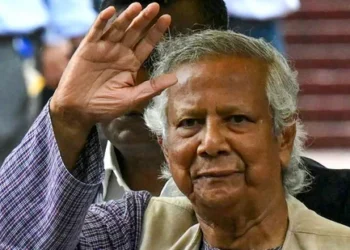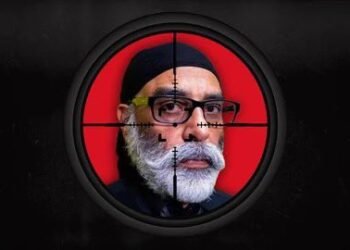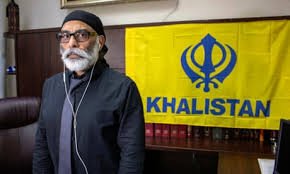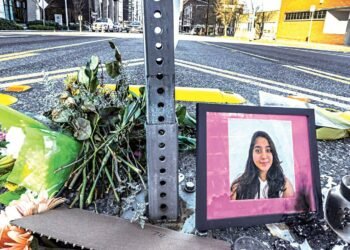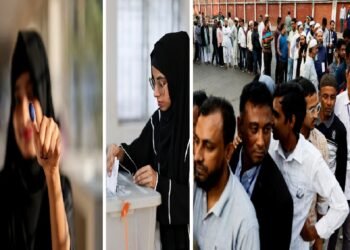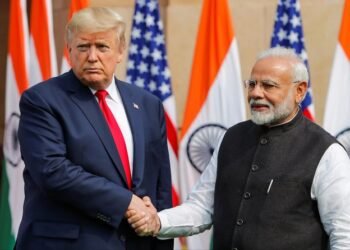A court in Bangladesh has provided relief to another accused in an anti-India terrorism case. On Tuesday, Abdus Salam Pintu, a former junior minister and member of the Bangladesh Nationalist Party (BNP), who financed terrorists from Pakistan-Occupied Kashmir (POK) and Bangladesh, was freed from prison after 17 years.
Abdus Salam assisted the terrorist group Harkat-ul-Jihad-al-Islami (HuJI), based in Pakistan, in executing attacks on India. He was sentenced to death for orchestrating the grenade assault on Prime Minister Sheikh Hasina in 2004.
Abdus Salam was instrumental in terrorist attacks in India by supporting HuJI’s acquisition of arms, as well as its recruitment and training efforts in camps located in POK. He has been charged with assisting HuJI in training madrassa students in weapons and explosives, as well as raising funds and arms for terrorists in Kashmir.
The HuJI, originating from Pakistan, is classified as a terrorist organization in India, as well as in Bangladesh, New Zealand, Israel, the UK, and the US.
As reported by the Dhaka-based Daily Star, the High Court acquitted Abdus. He had been confined since 2008.
Abdus Salam Pintu, together with another ex-BNP minister, Lutfozzaman Babar, who was cleared of charges last week, participated in the unsuccessful 2004 assassination plot against Hasina. Babar, together with five others, was found not guilty last week in the 2004 Chattogram arms-haul case.
According to a PTI report, the investigation officer in the 2004 grenade attack case informed a Dhaka court in 2021 that Abdus Salam Pintu, who assisted the banned group HuJI, facilitated the group’s acquisition of weapons for action against India.
In 2011, the investigating officer also notified the court that Abdus and Babur had instructed several young individuals, mainly madrassa students, in the use of firearms and explosives.
“Most of their recruits came from Pakistan-Occupied Kashmir (POK) and Bangladesh… They had also mobilised funds, arms and ammunition for insurgents in Kashmir of India,” the investigation officer was quoted as saying by the Daily Star, in 2021.
He mentioned that HuJI’s goal was to assassinate Hasina, as the Awami League administration from 1996 to 2001 was perceived as a “hindrance” to the group’s attempts at “recruiting and training young individuals as operatives, and obtaining weapons for militants active in India and Afghanistan”.
The Dhaka court stated in 2021 that when the Awami League under Hasina lost power in 2001, HuJI was backed by BNP figures Lutfozzaman Babar and Abdus Salam Pintu. Abdus’s brother, Moulana Tajuddin, a leader of HuJI, played a crucial role in assisting the terror group with their schemes to harm India.
Both ministers assisted Abdus’s brother Tajuddin in escaping to Pakistan.
Abdus Salam Pintu held the position of deputy minister for information, industries, and education during former PM Khaleda Zia’s tenure in the BNP.
The HuJI has played a key role in executing a number of terrorist attacks in India under the Pakistani establishment’s “Bleed India with a Thousand Cuts” strategy. This included multiple low-intensity assaults, like the court complex bombings in Varanasi in 2006, the explosion at the Ajmer Sharif Dargah in 2007, and bomb blasts in Delhi in 2011.




